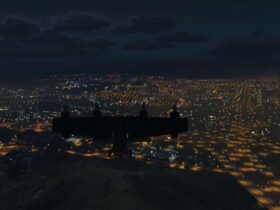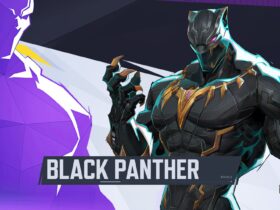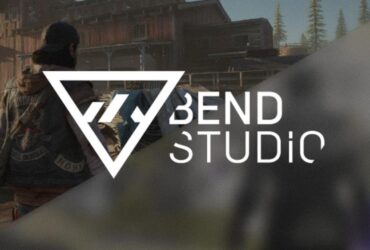Stalker 2: Heart of Chornobyl–the long-awaited sequel to developer GSC Game World’s 2007 classic–was delayed several times during development, with an initial announcement in 2010 and a launch date planned for 2012. 14 years after its announcement, the sequel is finally here, and although the game has sold well, its condition at launch wasn’t exactly perfect. Now, GSC Game Worlds CEO Ievgen Grygorovych wants players to know why.
“You’re so tired that you would just die if you say, ‘Let’s run an additional [development] marathon,'” Grygorovych said in a recent interview. “We didn’t have a chance to say, ‘Let’s do it more.’ We just had a chance of, ‘Let’s do until this moment–the release date–as much as we can.'”
S.T.A.L.K.E.R. 2: Heart of Chornobyl — Official Launch Trailer
Please use a html5 video capable browser to watch videos.
This video has an invalid file format.
Sorry, but you can’t access this content!
Please enter your date of birth to view this video
By clicking ‘enter’, you agree to GameSpot’s
Terms of Use and Privacy Policy
Grygorovych added that additional patches (and potentially story expansions) could always be implemented in the future, but the team decided it was best to stick to the 2024 release date. The decision was influenced in part by the sheer level of exhaustion experienced by the game’s developers, who endured multiple “marathon” crunch sessions to make sure the game was the best it could be, without resorting to another delay.
“It’s very hard to explain your [mental] state when you’re in a very intensive work process for many months until release, and you’re working over, over, over what you usually can do, and [you’re doing it] in the highest possible stress and overwhelming period,” Grygorovych said of the race to finish the game while dealing with the constant strife of the ongoing war in Ukraine, where GSC was originally headquartered.
He added that he was surprised to see how much of Stalker 2’s media coverage glossed over the fact that it was made in the midst of war, but instead focused more on standard details like patch notes, as if nothing were happening.
“It’s something so unimportant in the scale of the country, but they were talking about the game!” he said of the coverage.
Stalker 2’s development was heavily impacted by Russia’s invasion of Ukraine in 2022. GSC offices were damaged by a fire caused by Russian shelling, and the dev team ultimately had to make the difficult decision to leave their homes in Ukraine to finish work on the sequel to their most iconic title.
The war’s impact can even be seen in the title of the game–while the original Stalker used the Russian spelling of the title (Shadow of Chernobyl), Stalker 2 has changed the spelling to reflect the Ukrainian pronunciation of Chornobyl. The devs even created a documentary about the struggle to develop a game set one’s home country when that country is being ravaged by war.
Early in the invasion, Russian forces even occupied Pripyat–the city in which Stalker and Stalker 2 are set–and defaced the nuclear accident site along with the surrounding area. The city of Pripyat is now back under Ukrainian control, but the War Game: The Making of Stalker 2 documentary gives viewers a closer look at the difficulties, complications, and heartbreaks they dealt with during the game’s development cycle. Gyrgorovych says half of the development team moved to Prague, while the other half remained in Kyiv. Employee safety was (and remains) a constant concern, and GSC devs yearn for the country they spent so long making games about.

“It’s very important to remind people what’s going on [in Ukraine], because when there is something evil and you stop calling it out and mentioning it… it won’t help to stop it,” Gyrgorovych said. “One layer is we are making the game, and we want to entertain people and make it as good a game as possible. And second, it’s about what we can do for our homeland, because we are in a hard situation. I would love to stay in my country and live in my country and make games in my country, but it’s nearly impossible now.”
Although Grygorovych was a bit surprised by the media’s failure to acknowledge the cultural context of the game’s creation, his wife Mariia–who also works at the studio–was delighted by the response from players in their home country. Ukrainian players signed into the game en masse after its release, leading to nationwide internet outages in the hours after its release.
“It’s a bad thing because the internet is important, but at the same time it’s like, ‘Whoa!'” Marii said of the response from Ukrainian players. “It touched everyone in the country.”
“For us and our team what’s most important is, for some people in Ukraine, they feel a little bit happier 1733344983 than they were before [the game’s] release,” she added. “We did something for our home country, something good for them.
“It’s not perfect, we need to fix everything, it has some problems. But it’s a game! It’s a game with soul, with feelings there, with love there. Even the problems–you can’t fix them if you don’t have a game.”












Leave a Reply